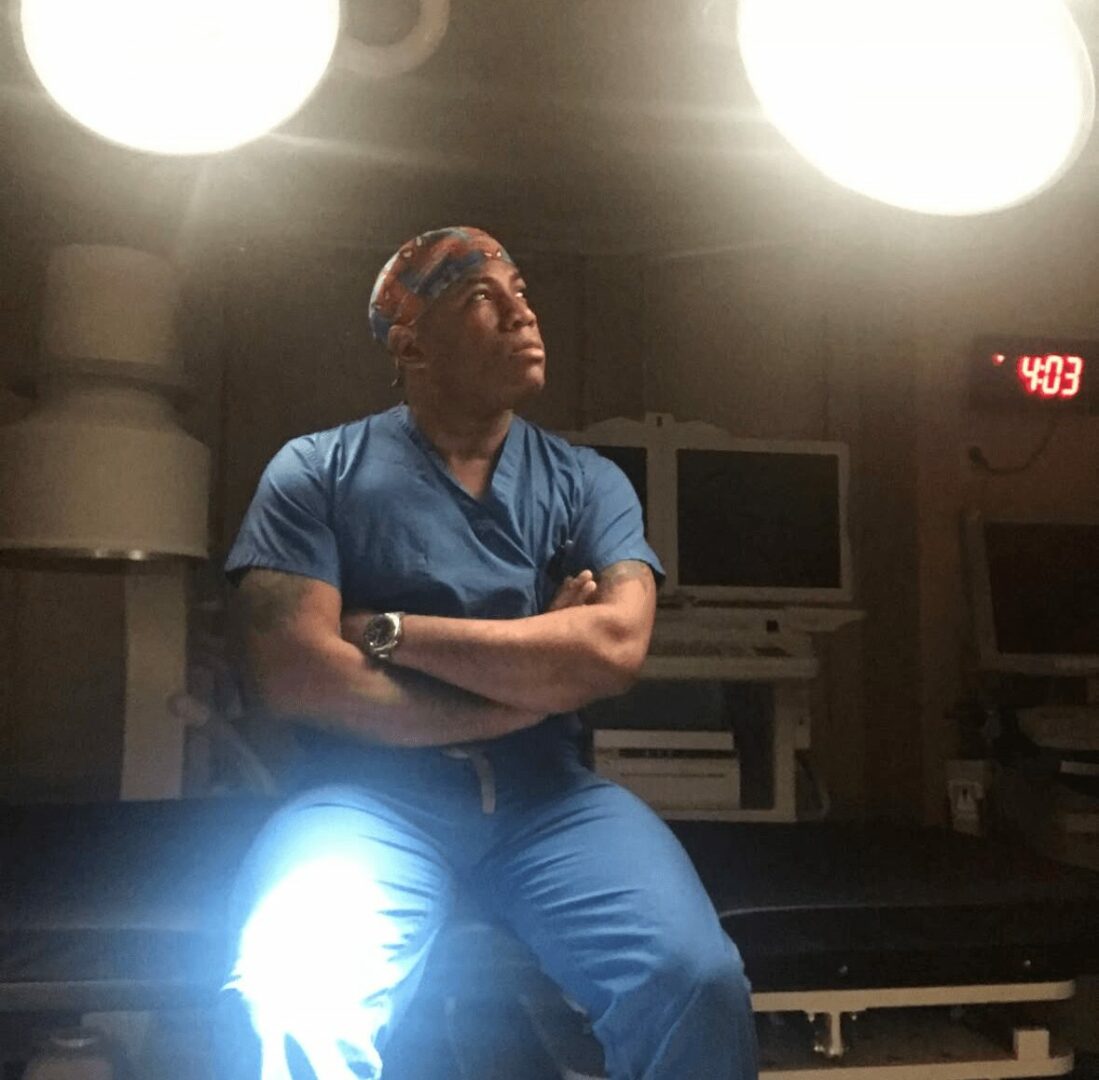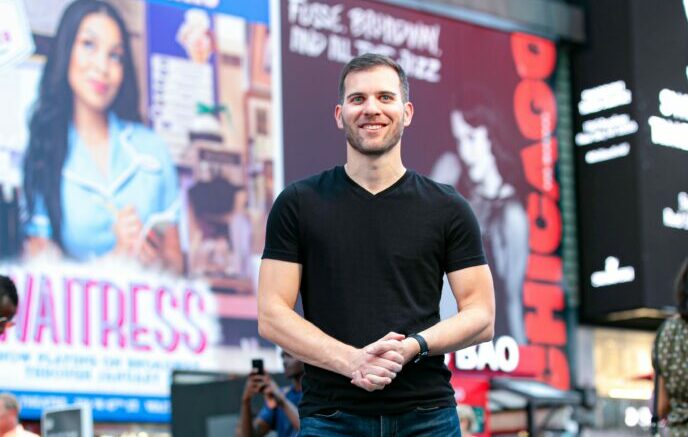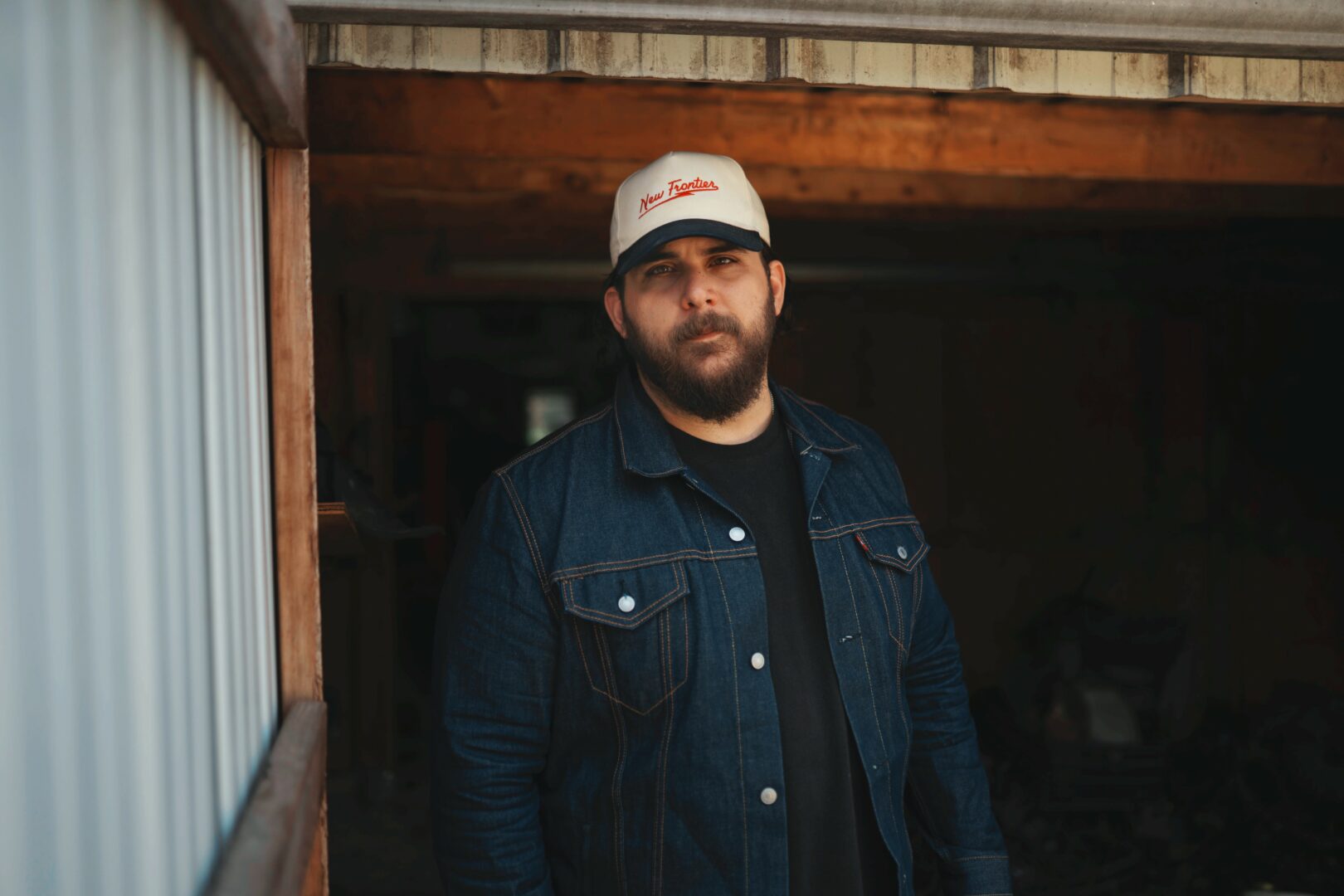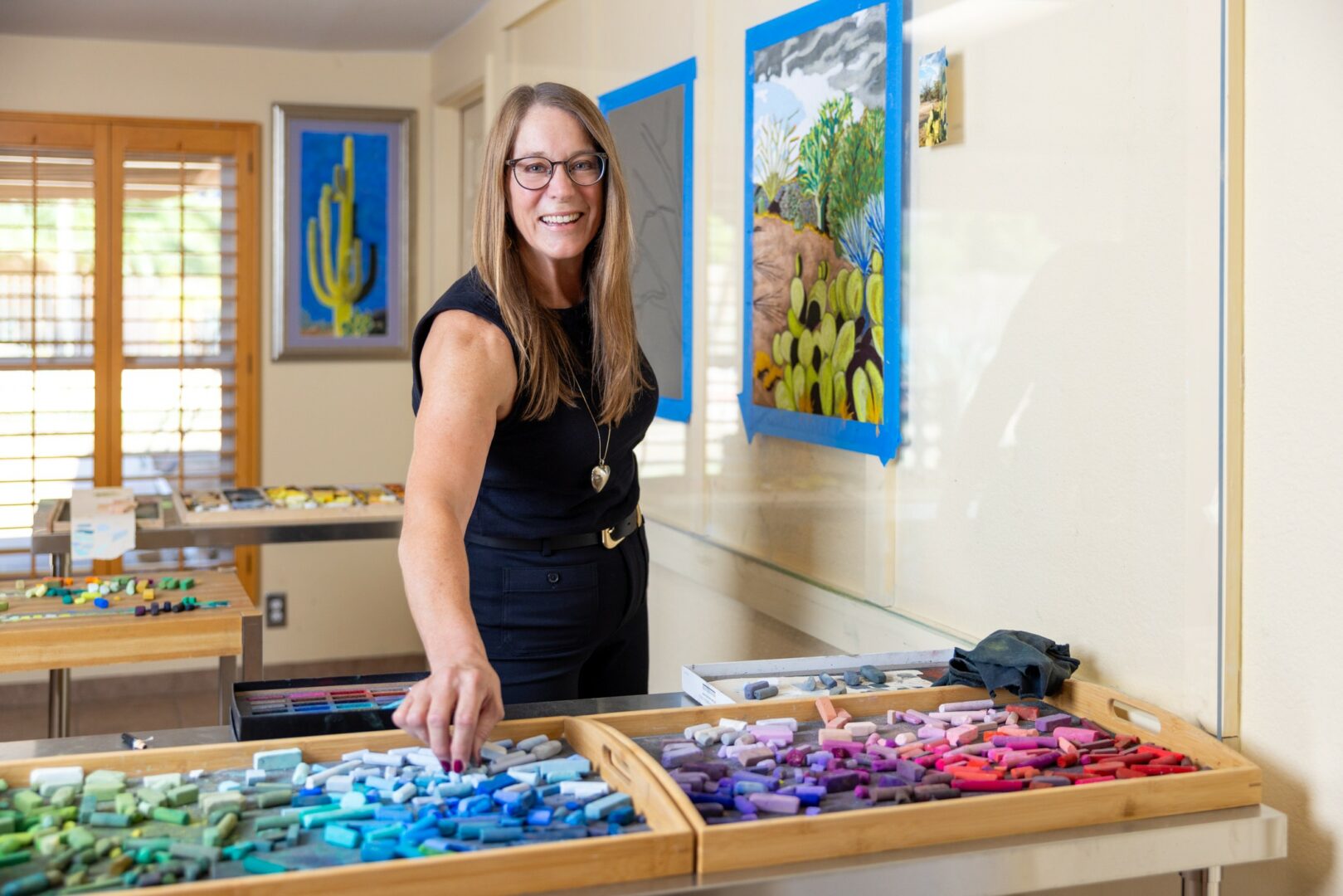We were lucky to catch up with Thomas Silvera recently and have shared our conversation below.
Thomas , we’re thrilled to have you sharing your thoughts and lessons with our community. So, for folks who are at a stage in their life or career where they are trying to be more resilient, can you share where you get your resilience from?
When people ask me where I get my resilience from, I always pause for a moment because it’s not something I planned or ever wanted to have to find. My strength comes from one of the most painful experiences of my life: losing my son, Elijah Alavi.
In 2017, Elijah was just three years old. He was bright, full of life, and living with food allergies, eczema, and asthma. One day, while at a daycare in Harlem, New York City, he was given something he was allergic to, something that should never have happened. That moment changed everything. No parent should ever have to experience that kind of loss.
Elijah’s passing left a permanent mark on all of us. His older brother never got the chance to see him again, to say goodbye, or to hold his little brother one last time. And his mother carries a pain that is forever embedded into her soul—a pain no words can truly describe. Our family’s world shifted that day, and nothing has ever been the same.
In the midst of unimaginable pain, I made a choice. I decided that Elijah’s name, his life, and his story would not end in tragedy. It would become a lifeline for other children and families. That is why we created the Elijah Alavi Foundation and fought to pass Elijah’s Law, legislation that protects children in schools and childcare settings by ensuring staff are trained to recognize and respond to allergic reactions and asthma emergencies.
Through our foundation, we continue to honor Elijah’s legacy by raising awareness, providing education, and promoting safety in childcare and school environments. We work alongside lawmakers, public health leaders, educators, and families to expand Elijah’s Law across the country. Our efforts include allergy and asthma training programs, family support initiatives, and community partnerships that equip schools and caregivers with the tools to save lives.
My resilience comes from him, from the love between a father and son, and from the promise that his life would continue to have purpose. It is what drives me every day to turn grief into action, to build safer systems for children, and to make sure no other family has to walk the same path. That is my why.
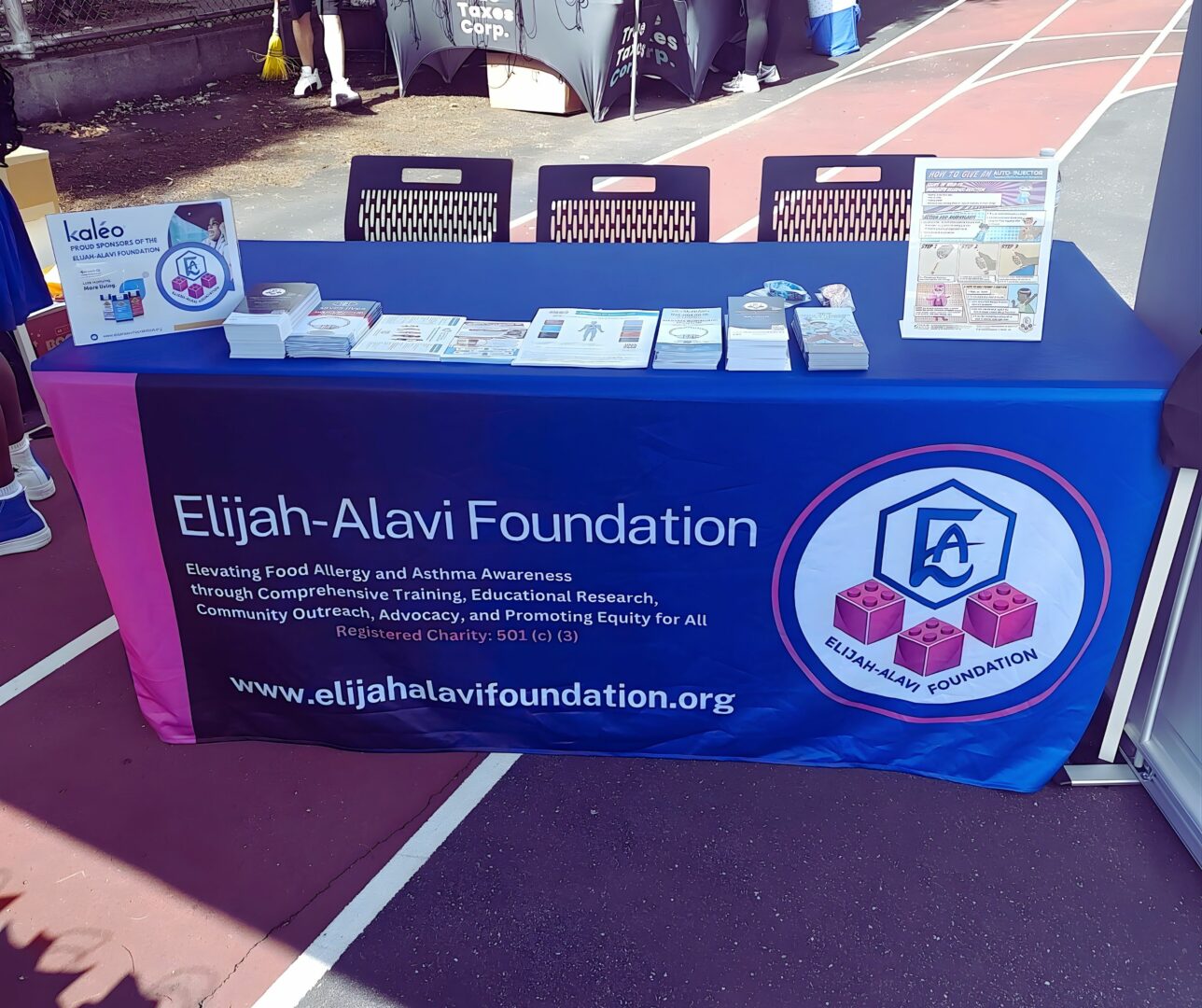
Thanks for sharing that. So, before we get any further into our conversation, can you tell our readers a bit about yourself and what you’re working on?
Thank you for the opportunity to share my story. I am the Co-Founder and Executive Director of the Elijah Alavi Foundation, a nonprofit organization created in memory of my son, Elijah Alavi, who tragically passed away in 2017 after being fed a food he was allergic to at a daycare in Harlem, New York City. Our mission is to ensure that all children, regardless of their background or zip code, are safe and protected from preventable allergic reactions and asthma-related emergencies in schools and childcare settings.
My journey into advocacy began long before the foundation. I started my career as a Certified Surgical Technologist. In the operating room, I learned the importance of precision, preparation, emergency readiness, and teamwork. Every instrument had a purpose and every moment mattered. Those years taught me how to stay calm under pressure, how to recognize risk quickly, and how to respond with intention and care. These same principles guide my public health work today. When I speak with providers, educators, or legislators, I carry those OR lessons with me. They shaped how I approach safety, education, and crisis response in the food allergy and asthma space.
What makes our work truly meaningful is its purpose. Every law we help pass, every training we lead, and every family we reach is a reflection of Elijah’s legacy. Through our advocacy, Elijah’s Law has been passed in multiple states, creating a national standard for food allergy and asthma safety. We work closely with legislators, educators, healthcare professionals, and families to expand awareness, strengthen preparedness, and promote compassion through education and policy.
Beyond legislation, our foundation focuses on community outreach, parent and provider training, and child-centered educational programs that teach empathy and safety. We have also launched creative initiatives such as ImmuniForce, a children’s graphic novel series that transforms food allergy and asthma education into an empowering, superhero-themed learning experience.
Another exciting collaboration is our partnership with Just Like You Films on an upcoming project titled May Contain. This powerful film amplifies the message of food allergy awareness by highlighting the seriousness and impact of allergic reactions through heartfelt storytelling and education. It has been an incredible experience to work with such a talented team dedicated to helping children feel seen, understood, and protected.
Recently, the Elijah Alavi Foundation was honored to receive a National Peanut Board grant to support our health learning program. This award allows us to expand our educational initiatives that teach families, schools, and communities how to recognize, prevent, and respond to food allergy and asthma emergencies more effectively.
Professionally, I remain deeply focused on bridging public health, education, and advocacy. I am currently completing my Doctorate in Health Science at Touro University, with research centered on barriers in food allergy management in African American communities. This academic journey, combined with my clinical background and lived experience, continues to shape the work I do and the solutions I strive to create.
What excites me most is seeing how our mission continues to grow, from expanding Elijah’s Law nationwide to new educational and film projects that bring awareness and change to the forefront. Everything I do, whether through advocacy, storytelling, or research, is rooted in one mission. To protect children and empower families through awareness, action, and hope.
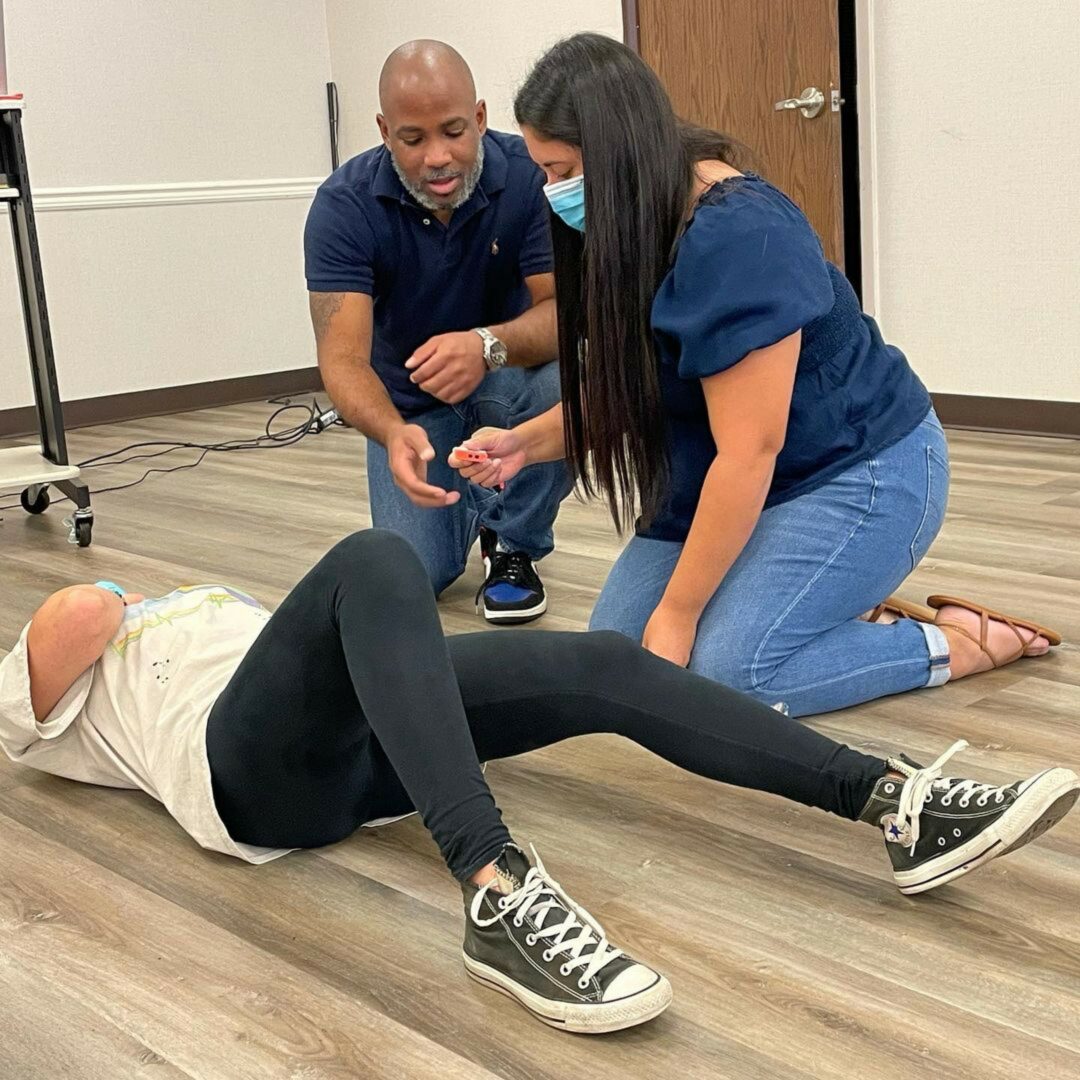
If you had to pick three qualities that are most important to develop, which three would you say matter most?
Looking back, I would say the three qualities that have been most impactful in my journey are perseverance, empathy, and purpose-driven leadership.(PEP)
Perseverance- has been essential. Turning unimaginable loss into a movement required determination and patience. There were moments when the obstacles felt overwhelming, navigating legislation, raising awareness, and building partnerships, but staying consistent and believing in the mission kept everything moving forward. My advice for anyone starting out is to embrace the process. Progress takes time, but every small step matters. Stay grounded in your “why,” and let that fuel your drive.
Empathy-has shaped how I connect with others. Whether I am speaking to parents, lawmakers, educators, or healthcare professionals, understanding their perspectives allows me to communicate with compassion and clarity. For those early in their journey, empathy starts with listening. Listen to people’s stories, their fears, and their hopes. That understanding is what turns good ideas into meaningful impact.
Purpose-driven leadership** ties it all together. This work is not about titles or recognition; it is about serving a greater cause. When your actions are rooted in purpose, you inspire others to believe and join you. For anyone developing this skill, I encourage self-reflection. Ask yourself what truly motivates you and what kind of legacy you want to leave. Let that be your compass when challenges arise.
At the heart of everything I do, whether through advocacy, education, or storytelling, PEP, is the belief that purpose can grow from pain and that resilience comes from love and responsibility. That mindset has guided every part of my journey.
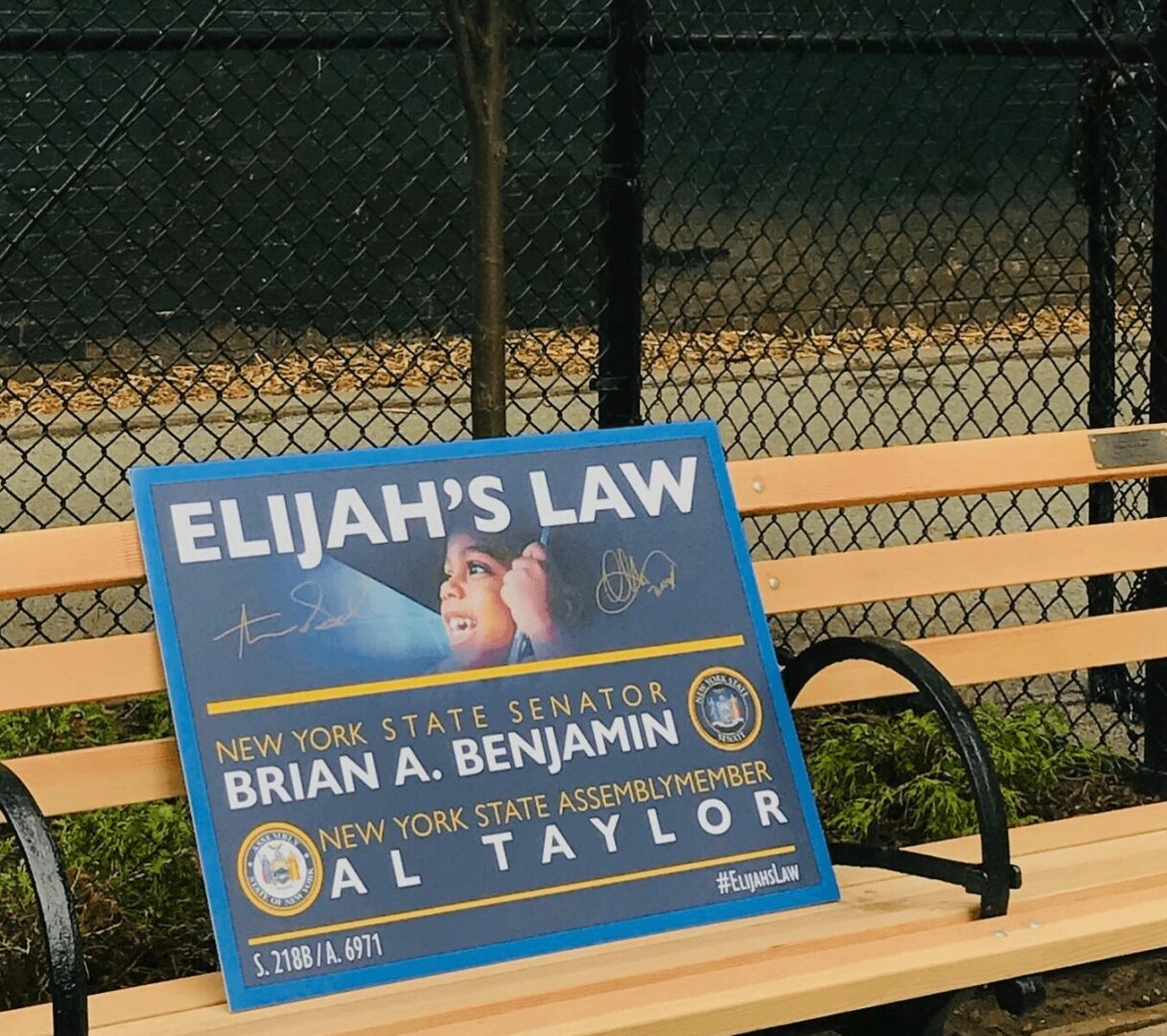
All the wisdom you’ve shared today is sincerely appreciated. Before we go, can you tell us about the main challenge you are currently facing?
The biggest challenge I face right now is securing consistent funding and expanding awareness around the seriousness of food allergies. While we have made tremendous progress through Elijah’s Law and our education programs, there is still a major gap in how people understand food allergies and the danger they pose if not taken seriously.
Too often, food allergies are minimized or misunderstood. Some see them as dietary preferences rather than a medical condition that can cause life-threatening anaphylaxis within minutes. This lack of understanding not only makes policy change harder but also impacts how children with food allergies are treated. Many kids experience bullying or are made to feel different or excluded because of their condition. No child should ever be made to feel unsafe or ridiculed for something that affects their health.
Funding is another ongoing hurdle. Running a nonprofit dedicated to education, training, and advocacy requires ongoing financial support. It can be challenging to secure sustainable funding when food allergies are not viewed as a public health priority. We continue to apply for grants, collaborate with partners, and build community programs to make sure our mission reaches the families, educators, and caregivers who need it most.
At the same time, I am deeply grateful for the many organizations that have joined us in this journey. From public health partners to advocacy groups, schools, and medical professionals, so many have stood beside us to create change that is meaningful and lasting. Their collaboration and commitment have helped amplify Elijah’s legacy and strengthen the movement for food allergy and asthma safety.
What keeps me going is knowing that every law passed, every family educated, and every partnership formed brings us closer to a safer and more compassionate world for children living with food allergies.
Contact Info:
- Website: https://www.elijahalavifoundaiton.org
- Instagram: https://www.instagram.com/elijahsecho/
- Facebook: https://www.facebook.com/elijahalavifoundation
- Linkedin: https://www.linkedin.com/in/thomassilvera1975/
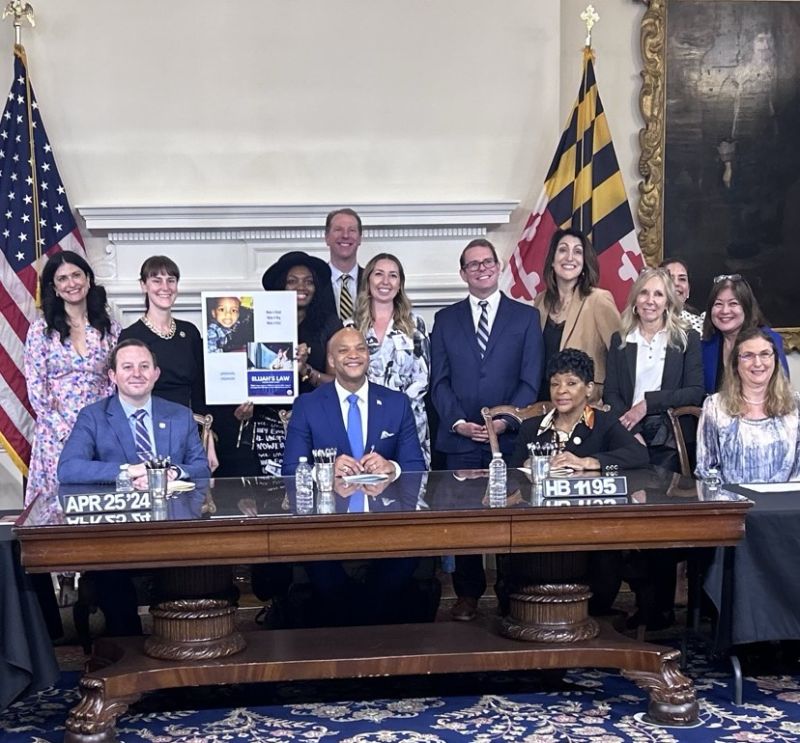
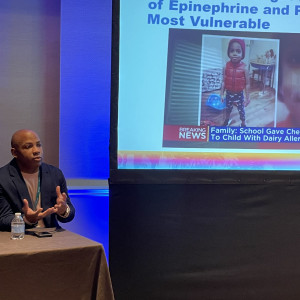
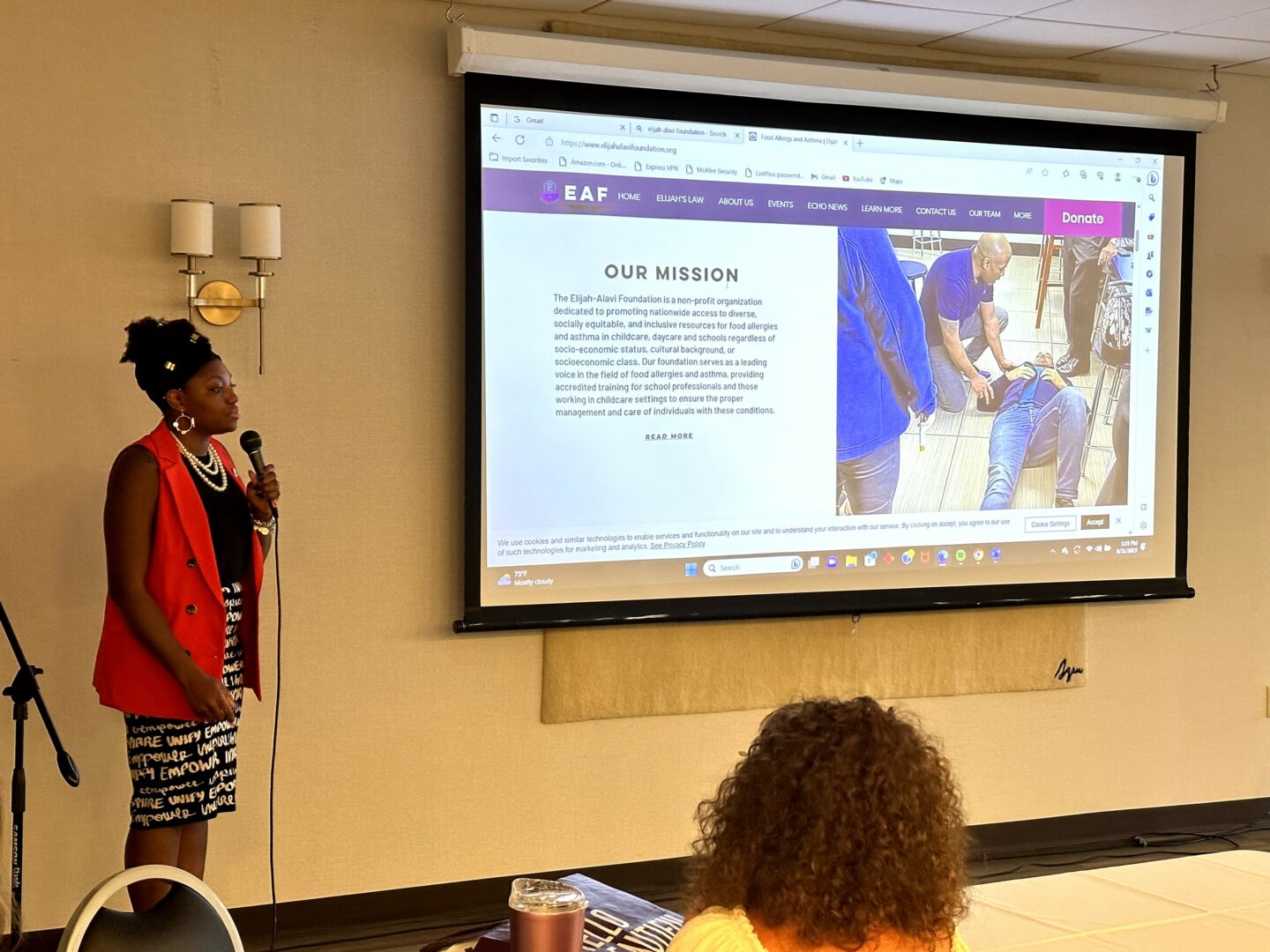
so if you or someone you know deserves recognition please let us know here.

